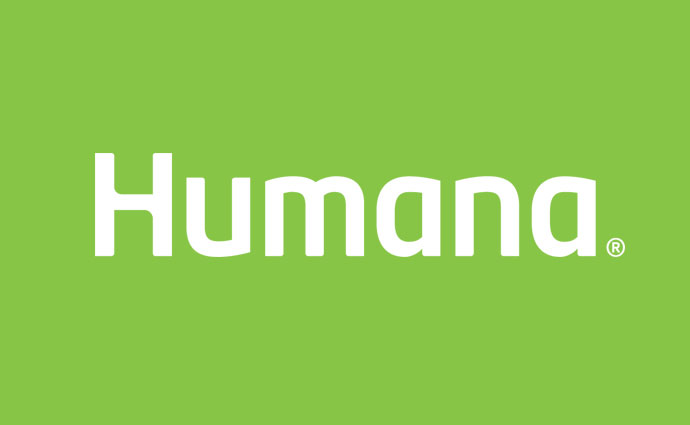Humana Launches Two More Value-Based Program for Specialty Care
Models focused on heart and shoulder surgery join four other value-based programs for specialty care.

Source: Humana
- The Louisville-based health payer is looking to build on its success in transitioning providers and members to value-based care with the announcement of two new models and twelve inaugural participants.
The first is an episode-based model for heart bypass surgery known as Coronary Artery Bypass Grafting (CABG). The bundled payment initiative will focus on patient care from surgery through post-discharge with the goal of reducing redundant services and complications that could potentially lead to readmissions. The procedure addresses a form of coronary heart disease in which plaque buildup restricts or blocks blood flow by using a separate artery or vein.
“Humana is proud to further diversify our value-based program offerings in support of clinicians who share our vision for the future of health care,” said Humana’s Vice President of Value Based Strategies Oraida Roman said. “It’s particularly important that we focus on quality of care and health outcomes for our members in need of such a widely-performed and critical procedure as heart bypass surgery.”
Six healthcare organizations round out the initial participants in the CABG model:
- Infirmary Health Cardio-Thoracic and Vascular Surgical Associates
- Cardiothoracic and Vascular Surgical Associates
- Ballad Health CVA Heart Institute
- CHRISTUS Health
- CHRISTUS Trinity Clinic
- WVU Heart and Vascular Institute
The second value-based model, Total Shoulder Specialist Rewards Program, is the payer's third orthopedic payment program. The existing programs focus on total hip and knee joint replacement surgeries and spinal fusion procedures.
“We’re pleased to expand value-based orthopedic specialty care with Humana’s first model for shoulder replacement procedures,” Humana’s Associate Vice President of Value Based Strategies Brent Stice noted. “As with replacements done for the knee or hip, the procedure can be a good option for our members suffering from chronic joint problems that have not resolved with more conservative therapy. Humana is pleased to commit our support to clinicians as they coordinate a more holistic approach to orthopedic care.”
Similar to the CABG model, six providers will participate in the orthopedic payment model:
- Florida Orthopaedic Institute
- OrthoCincy Orthopaedics & Sports Medicine
- EmergeOrtho
- OrthoCarolina
- OrthoTennessee
- Tennessee Orthopaedic Clinics
The program has two goals: improved health outcomes and lowered health costs. To achieve the second, the health plan will incentivize providers for selecting independent surgeons and ambulatory surgical centers when clinically appropriate to perform the procedures.
Alongside the Maternity Episode-Based Model and Oncology Model of Care, Humana now offers a total of six specialty-care payment models. According to the payer, more than 2.6 million individual Medicare Advantage (MA) and commercial members receive care by way of 1,000 value-based relationships across 43 states and Puerto Rico.
In its last value-based care annual report, Humana touted the success of its programs.
Two-thirds of its MA beneficiaries have a primary care physician with value-based agreements. In 2018, these value-based agreements were responsible for higher rates of preventive care and screenings compared to fee-for-service arrangements (+21% for certain regions); fewer hospital admissions (-5%) and emergency department visits (-7%); and higher overall HEDIS scores (+43%).
From a financial standpoint, providers in Humana MA value-based plans received an average of 15.5 cents for each dollar spent nationally on healthcare compared to 6.3 cents for those not participating in these programs. On average, Medicare pays 4.88 cents.
Specific to value-based care models, Humana physicians received an average of 167% of the Medicare fee schedule. The return was even more significant for physicians participating in a more advanced primary care model, receiving on average 250% of the Medicare fee schedule.
In March, the Louisville-based organization unveiled the Social Determinants of Health Value-Based Program to help clinicians care for patients facing food insecurity, social isolation, loneliness, and housing instability. Last month, the company donated $250 million to the Humana Foundation to address social determinants of health, critical socioeconomic factors impacting individuals' ability to access and receive care.
